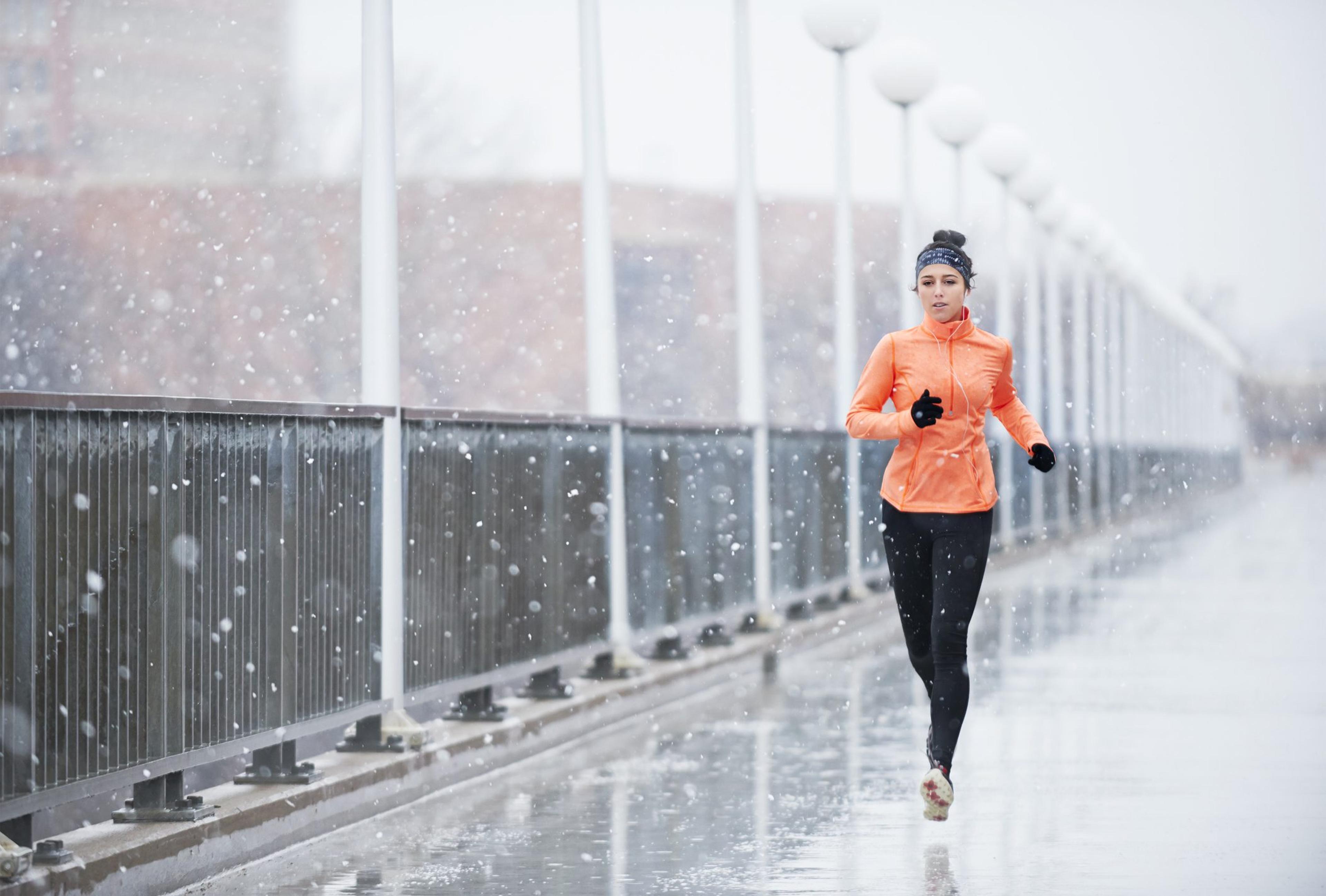
It’s not all doom and gloom during the winter months. Those frosty temperatures we’re exposed to in the winter can feel brutal, but they can also be beneficial to our health.
Cold weather can:
Provide advantages during exercise If you can bear the cold here and there for an outdoor workout, the results may be worth it. A Journal of Clinical Endocrinology & Metabolism study concluded that cold weather workouts help you burn more calories as opposed to warm-weather workout. In colder temperatures, you sweat less while exercising as your heart doesn’t have to work as hard and expel as much energy, which can lead to a more efficient workout. Of course, be aware of your personal exercise needs and limits. Asking your primary care doctor or exercise professional for an exercise prescription is always a good idea. Don’t do activities such as snow shoveling especially if you are over 55 or have medical issues. The American Heart Association (AHA) recommends physical activity outdoors in part because it helps you absorb natural vitamin D from sunlight, which is no easy task during winter’s shorter days. Your immunity also gets a boost during cold and flu season, when it could really use it. Multiple studies have linked even moderate amounts of physical activity with a boost in immune function and could help reduce the risk of bacterial and viral infections. Improve sleep quality You sleep better when you’re cooler. Natural body temperatures dip right before bed as metabolism slows and other heat loss mechanisms are stimulated. This dip serves as a signal to your body that it’s time to slow down and get some rest. If your room is too hot, that signal could be blocked, making it harder for you to fall asleep. Keeping your bedroom cooler – a much more attainable feat during the winter – helps you pick up that signal from your body and leads to a higher quality of sleep. Sleep experts say temperatures between 60 to 70 degrees are optimal for a good night’s sleep. Zap outdoor allergens Pollen counts become practically nonexistent in the winter, so if you’re always coughing, sneezing and suffering from watery eyes while in warmer weather, winter provides some respite from that. However, most people generally spend more time indoors during the winter. This could leave you susceptible to indoor allergies like mold, pet dander and dust mites. If you do suffer from indoor allergies, a dehumidifier could be right for you. Related:
- How Winter Hormonal Changes Affect Us
- Return of the Flu: Activity Increasing in Michigan
- How Traumatic Events Affect our Feelings of Safety
Photo credit: Getty Images





